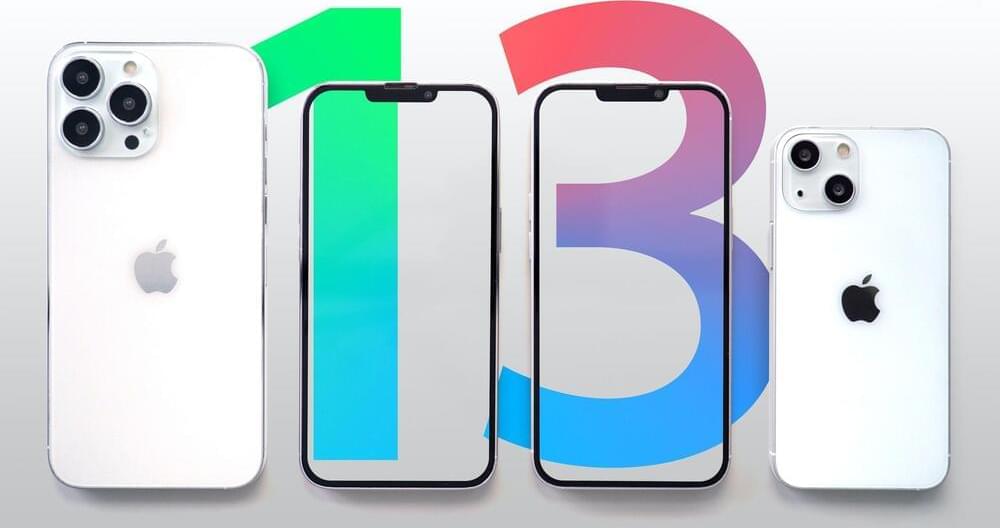A new interpretation of quantum mechanics sees agents as playing an active role in the creation of reality. Blake Stacey outlines the case for QBism and its radical potential.
The pandemic shut down our university when I was in the middle of giving a lecture. We had been anticipating the possibility for a few days, but it was still impeccable timing. I finished my spiel, out came the phones, and suddenly we weren’t going to see each other post-spring break after all. For the rest of the term, I did what so many teachers found themselves doing: gamely trying to soldier on. I scrounged and borrowed a whiteboard, easel and webcam, set myself up in the nicest light the house had to offer, and did my best to convey graduate-level physics to an audience of tiny rectangles. And like so many other teachers, I learned there’s nothing like a radical change of circumstances for driving one to re-evaluate what the essential ideas of a subject must be.







